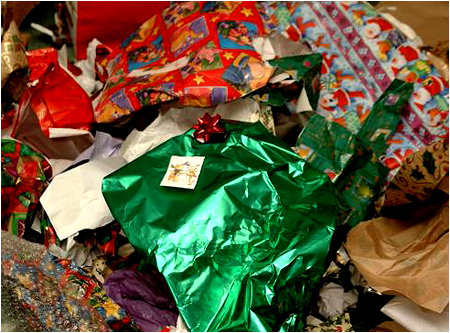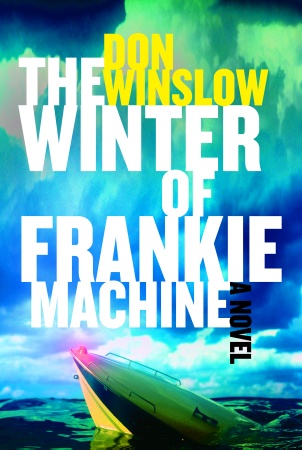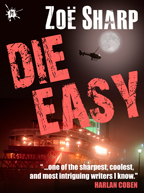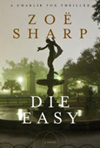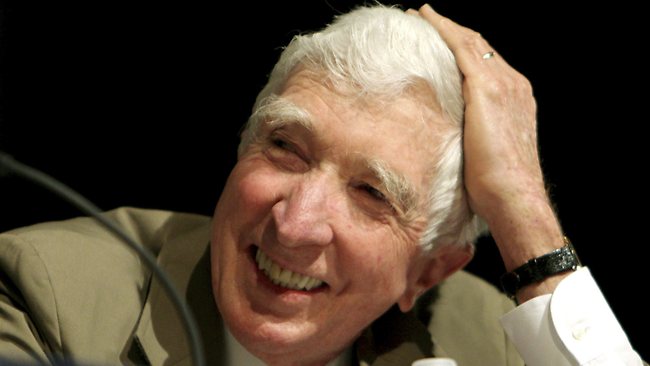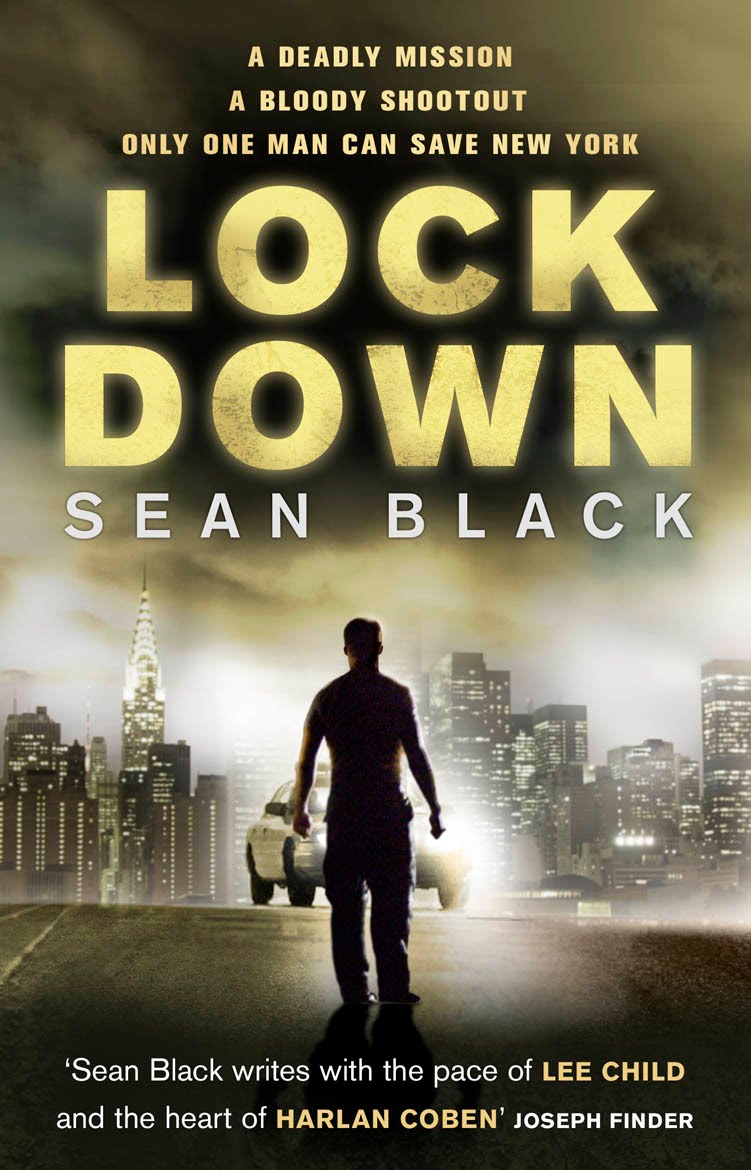Zoë Sharp
The first moon of 2013
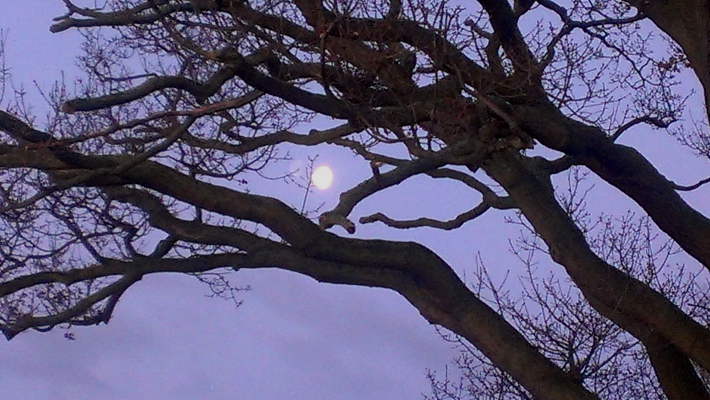
Welcome to the first Wildcard Tuesday blog of 2013, and an enormously Happy New Year to you all. For this I asked a few lighthearted questions of fellow ‘Rati past and present, and below are their answers. I hope you find them worthy of a giggle.
(As a small aside, I started off searching for sensible author pix, but what I’ve actually ended up going for are the silliest pix that came up on the first page of a Google Images search on that author’s name.)
 ALLISON BRENNAN
ALLISON BRENNAN
Where did you choose to celebrate the holiday season this year?
Home, as usual.
What would have been your ideal location?
Home! (Though, I would have liked to have gone to Disneyland right after Christmas … maybe next year!)
What was the best—or worst—gift you’ve ever received?
 My husband once gave me an electric grout cleaner. Needless to say, I never used it.
My husband once gave me an electric grout cleaner. Needless to say, I never used it.
The best—or worst—meal or item of food you’ve been served—or served to others?
The absolute best Christmas dinner we’ve had was when I decided to cook prime rib instead of the standard turkey or ham. It was pricey, but oh-so-delicious! I think that was back in 1997 …
What’s your idea of the Christmas From Hell?
Traveling for Christmas.
Looking back, what was your favourite moment from 2012?
Watching my oldest daughter graduate from high school—and hearing her and the Seraphim Choir sing the National Anthem. They were amazing.
I’m not going to ask about New Year’s resolutions, but do you have one ambition, large or small, you’d like to achieve in 2013?
Walk daily, meet my deadlines, don’t sweat the small stuff.
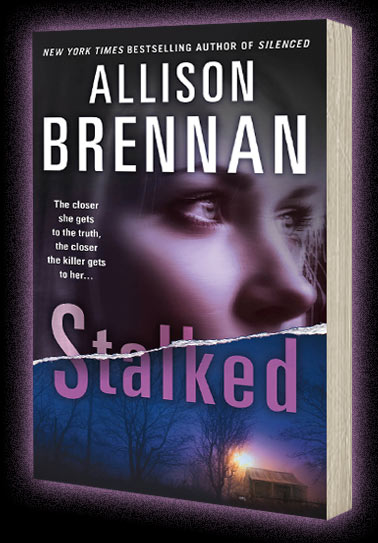 And finally, what book(s) have you brought out this year?
And finally, what book(s) have you brought out this year?
Two Lucy Kincaid books from Minotaur/SMP—SILENCED and STALKED; a short story in the anthology LOVE IS MURDER; an indie published novella MURDER IN THE RIVER CITY.
And what’s on the cards for the early part of 2013?
A Lucy Kincaid novella in March (RECKLESS), and two more book STOLEN and COLD SNAP. Plus a short story for the NINC anthology and maybe another indie novella. If I have time.
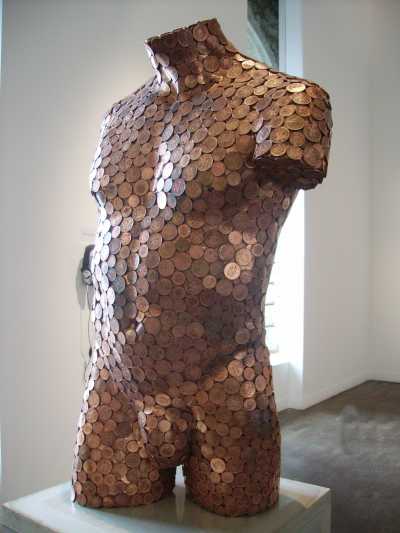 DAVID CORBETT
DAVID CORBETT
Where did you choose to celebrate the holiday season this year?
Home alone, if “choose” and “celebrate” are the correct verbs. Mette arrives on the 28th, so things should get merrier at that point.
What would have been your ideal location?
Buenos Aires. Ireland. A beach in Mexico.
What was the best—or worst—gift you’ve ever received?
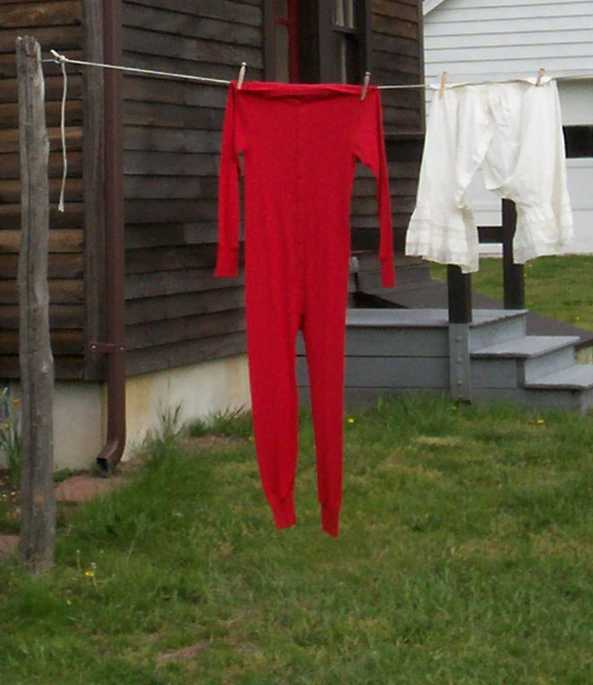 Best gift I ever “received” was one I gave. As a gag gift I bought my late wife a red flannel union suit with a button seat flap that she absolutely loved. Slept in it all the time. Cozy as hell. Damn, she was happy.
Best gift I ever “received” was one I gave. As a gag gift I bought my late wife a red flannel union suit with a button seat flap that she absolutely loved. Slept in it all the time. Cozy as hell. Damn, she was happy.
The best—or worst—meal or item of food you’ve been served—or served to others?
When I was a kid one of my classmates’ families came over during the holidays and brought cookies that literally made me gag. I picked one up, sniffed it like a cocker spaniel, recoiled, and put it back. My brother started bellowing, “You touched it, you have to eat it.” Unfortunately, King Solomon (my father) agreed. I almost upchucked trying to get it down.
What’s your idea of the Christmas From Hell?
Oh, let’s not go there.
Looking back, what was your favourite moment from 2012?
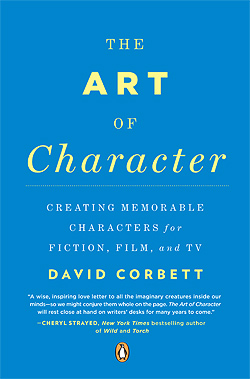 A weekend in San Antonio for the wedding of one of Mette’s dearest friends, when I got introduced to the inner circle. Also, the moments when I read the cover quotes I received for THE ART OF CHARACTER. I was incredibly humbled and grateful so many writers I respect said so many kind and generous things.
A weekend in San Antonio for the wedding of one of Mette’s dearest friends, when I got introduced to the inner circle. Also, the moments when I read the cover quotes I received for THE ART OF CHARACTER. I was incredibly humbled and grateful so many writers I respect said so many kind and generous things.
One ambition, large or small, you’d like to achieve in 2013?
Make the new book a success, and wrap up the novel I’m working on to my own persnickety satisfaction.
And finally, what book(s) have you brought out this year?
Open Road Media and Mysterious Press re-issued all four of my novels in ebook format in 2012, with a brand new short story collection titled KILLING YOURSELF TO SURVIVE.
And what’s on the cards for the early part of 2013?
The new book, THE ART OF CHARACTER, comes out on January 29th, 2013 from Penguin.
 ALEXANDRA SOKOLOFF
ALEXANDRA SOKOLOFF
Where?
New Orleans.
Ideal location?
It’s hard to top New Orleans.
 Best/worst gift?
Best/worst gift?
Well, there’s this pretty spectacular amethyst necklace…
Best/worst food?
I’ve served many a bad meal to others. For everyone’s sake I stopped trying to cook long ago. Personally I don’t care much what food gets served, but I do remember one Christmas morning in London with blackberry jam on waffles and whisky for breakfast. The blackberry jam ended up all sorts of places and it was all very lovely. I could do that again.
Christmas From Hell?
It’s hard to narrow that down, actually. Endless scenarios spring to mind. I hate being cold, though, so winter is perilous.
Favourite moment from 2012?
For public consumption, you mean? The general reader response to HUNTRESS MOON has been a real high.
One ambition in 2013?
I’d like to find a really wonderful place to live.
Books this year?
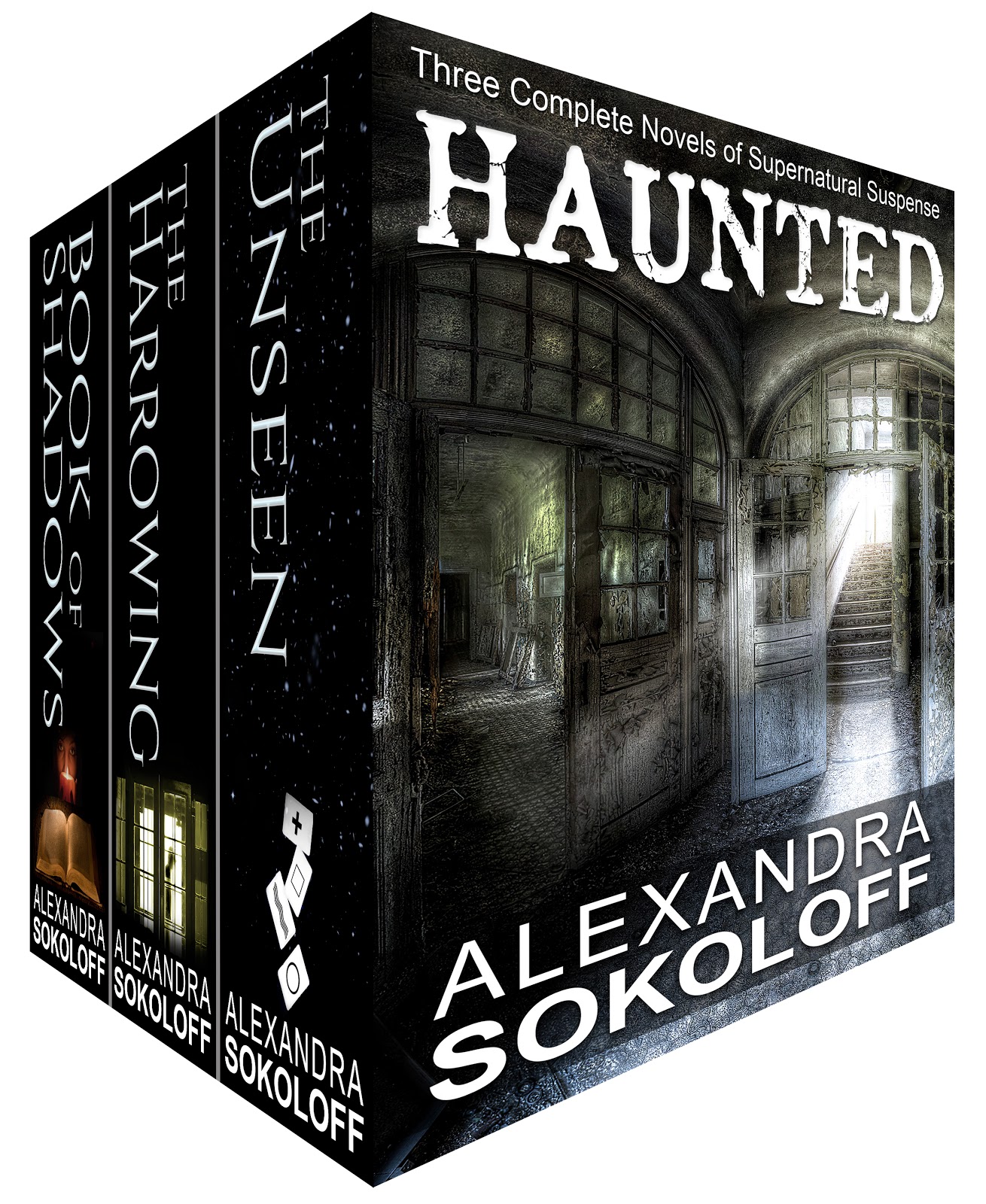 My crime thriller HUNTRESS MOON, a boxed set of three of my supernatural thrillers called HAUNTED, a novella called D-GIRL ON DOOMSDAY in an interconnected anthology with three other dark fantasy female author friends: APOCALYPSE: YEAR ZERO. And I got several backlist titles back and put them out as e books at wonderfully affordable prices: THE UNSEEN, BOOK OF SHADOWS, THE HARROWING and THE PRICE.
My crime thriller HUNTRESS MOON, a boxed set of three of my supernatural thrillers called HAUNTED, a novella called D-GIRL ON DOOMSDAY in an interconnected anthology with three other dark fantasy female author friends: APOCALYPSE: YEAR ZERO. And I got several backlist titles back and put them out as e books at wonderfully affordable prices: THE UNSEEN, BOOK OF SHADOWS, THE HARROWING and THE PRICE.
And for 2013?
The next book in my Huntress series comes out in late January: BLOOD MOON. My next book in the paranormal Keepers series, KEEPER OF THE SHADOWS, comes out in May.
I’m selling my house in January and buying another as soon as possible, probably in California.
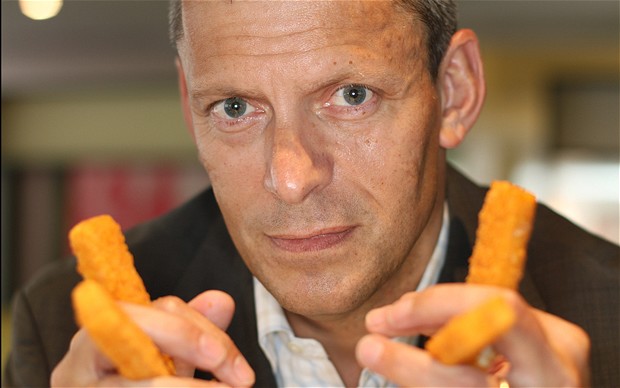 PD MARTIN
PD MARTIN
Where?
Every year we have Christmas Day at our home (in Melbourne) and then go down to the Mornington Peninsula (seaside) for most of January. It’s the hottest time of year here in Oz, so it’s great to be near the beach. We stay in a 1970s holiday house my grandparents bought in 1972, and given I spent summers down there as a kid it’s particularly special to now be going down there with my children.
Ideal location?
The Peninsula is pretty good 🙂 Although we’ve always said that one year we’ll do a white/winter Christmas in New York or something.
Best/worst gift ever received?
Best gift I ever received was actually for my birthday this year—my Kindle. I’m a complete convert to the point where I can’t imagine ever reading a ‘real’ book again. I prefer the Kindle reading experience for some reason.
 Best meal?
Best meal?
I am biased, but I make a mean Tira Misu. I got the recipe from a chef and it’s divine! And great because you make it a day or two before, so it’s one thing to cross off the food preparation list early.
Christmas From Hell?
Mmm….I guess having to run around. You know, multiple visits. We do that a bit on Christmas Eve, but I enjoy the fact that then on Christmas Day we just kick back. We start with oysters at midday, then it’s prawns (yes, on the BBQ), then an Asian style salmon fillet dish then Tira Misu (at about 4pm). Then a movie!
Favourite moment from 2012?
That’s easy for me—picking up our son, Liam, from Korea and making our family of three a family of four 🙂
One ambition, large or small, for 2013?
I’ve got a few books I’d like to finish. And hey, a best seller or a lotto win wouldn’t go astray either.
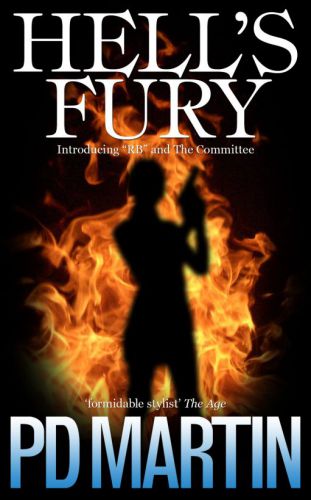 Book(s) this year?
Book(s) this year?
THE MISSING (two short stories), WHEN JUSTICE FAILS (two short true-crime pieces), HELL’S FURY (new book in spy thriller series), and two novels for younger readers that I’ve released under the pen name Pippa Dee—GROUNDED SPIRITS and THE WANDERER.
What’s next?
Probably what I’ve been doing the past few months—juggling motherhood and writing…and feeling like I’m going to crack under the pressure!
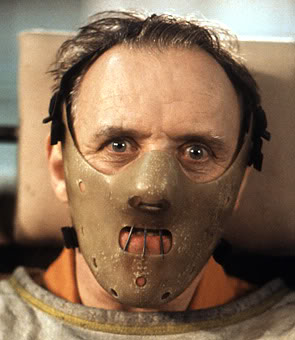 JT ELLISON
JT ELLISON
Where?
Nashville and Florida.
Ideal location?
A family trip to Italy would have been fun.
Best gift you’ve ever received?
I got engaged during Christmas 1994, so that ranks up there….
 Worst meal?
Worst meal?
Italy, Cinque Terre, a large full fish the size of a cat, with its baleful eye staring up at me… I swear the thing was still breathing. Ugh!
Christmas From Hell?
There’s no such thing. I love Christmas.
 Favourite moment from 2012?
Favourite moment from 2012?
Seeing my DH in his gorgeous new kilt for the first time. *fans self*
One ambition, large or small, for 2013?
I want to learn how to paint. In oil, large canvas abstracts.
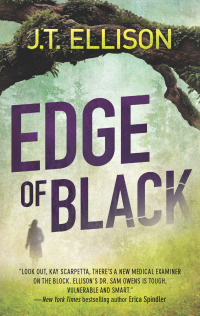 Book(s) last year?
Book(s) last year?
A DEEPER DARKNESS, EDGE OF BLACK, STORM SEASON
And for 2013?
Writing, writing and more writing. Deadline January 30!
 MARTYN WAITES (half of Tania Carver)
MARTYN WAITES (half of Tania Carver)
Where?
At my in-laws. The kids wanted to go to see all their cousins. They love a big family get together. As for me, I’m pretty bah humbug about it. I don’t care where I go or what I do or whether I get any presents or not. As long as I get to see Doctor Who, I’m happy.
Ideal location?
Somewhere abroad. Morocco would be good. If they were showing Doctor Who.
Best/worst gift ever received?
I’ve been lucky enough to get plenty of presents. I can’t think of specifics in terms of best or worst, but for me the worst kind of gift is the thoughtless kind that someone has put no effort, time or care into. The best ones are the ones you absolutely want. Even if you don’t know you do until you get them. I was lucky enough to get one of those this Christmas.
Best/worst meal?
At Christmas? It’s all the same. I’m not a fan of Christmas dinner. Or any roast dinner for that matter. I eat it, but that’s because it’s what you do at Christmas. Like getting into water and swimming. The best meal I was ever served was at a Persian restaurant in Birmingham in 1988. It involved chicken and pomegranates and I’ve never tasted anything like it to this day. The restaurant disappeared soon afterwards in a kind of Brigadoon fashion and I sometimes wonder whether I actually went there. As for bad food . . . loads. In fact, it probably outnumbers the good food. That’s why I try to remember the good ones.
Christmas From Hell?
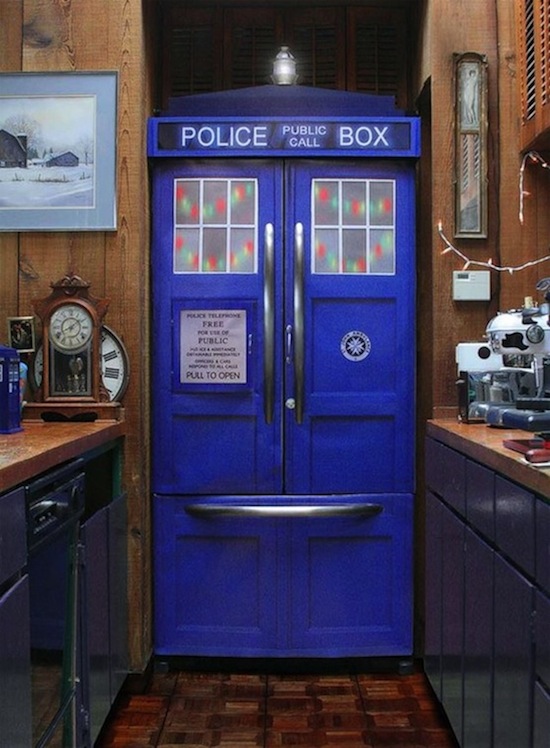 Being forced to spend time with people I hate. That goes for the rest of the year as well. And not seeing Doctor Who.
Being forced to spend time with people I hate. That goes for the rest of the year as well. And not seeing Doctor Who.
Favourite moment from 2012?
Well, I wrote about my favourite cultural things on the last Murderati post—Y Niwl and the Hammer films retrospective—so they would be there in a big way. But other than that, it was something very small and personal that I’m afraid I couldn’t share and that I doubt anyone would be particularly interested in.
One ambition, large or small, for 2013?
I do. I can’t say anything about it in case I jinx it, but it will be the culmination of a lifetime’s ambition. Or at least I hope it will.
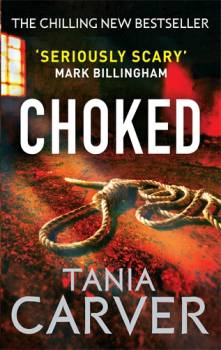 Book(s) this year?
Book(s) this year?
CHOKED, the fourth Tania Carver book came out in September in the UK. THE CREEPER, the second one, came out in the States. There have been other editions round the world and I think Russia finally got round to publishing my 2006 novel, THE MERCY SEAT.
And 2013?
Finishing the new Tania, THE DOLL’S HOUSE, which I’m uncharacteristically quite pleased with. Although it could all go horribly wrong. And then there’s the afore(not)mentioned secret project . . .
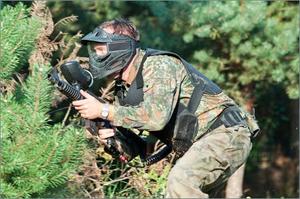 GAR ANTHONY HAYWOOD
GAR ANTHONY HAYWOOD
Where?
At the family’s new home in Glassell Park, which we moved into in October.
Ideal location?
At the family’s new home in Aspen, Colorado, which doesn’t exist.
Best/worst gift ever received?
The best was a dictionary. It was given to me many years ago by a wonderful woman who at the time was my mother-in-law to be. She knew I was an aspiring writer and gifted me accordingly, which, oddly enough, no one in my immediate family had ever thought to attempt before. I still own that dictionary, too.
Don’t get me started on the worst gifts I’ve ever received.
Best/worst food?
The best, far and away, is the egg nog my godfather makes over the holidays. It tastes great and man, does it have a kick to it.
Never been given a fruitcake as a gift, and I pray I never am.
Christmas From Hell?
I think I actually experienced it last year. Attended the worst Catholic midnight Mass possible: cornball music, pointless sermon, and theatre lighting (the service was being video-taped) that would make a mole cover its eyes. Awful.
 Favourite moment from 2012?
Favourite moment from 2012?
The family’s spring break vacation in the Galapagos. Unbelievable!
One ambition for 2013?
Completion of a manuscript that a conventional publisher buys for a tidy sum.
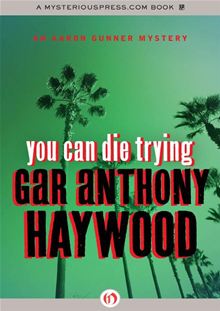 Book(s) last year?
Book(s) last year?
Didn’t have a book published this year, though my Aaron Gunner novels were re-released as e-books by Mysterious Press/Open Road.
And for the early part of 2013?
Early? Maybe my first book for middle-graders, which my agent is shopping now. Later in the year? With the grace of God, a publication deal for my first Aaron Gunner novel in almost 10 years.
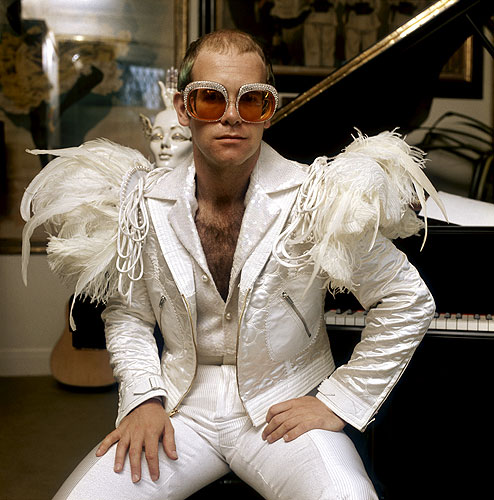 STEPHEN JAY SCHWARTZ
STEPHEN JAY SCHWARTZ
Where?
Stayed at home with the wife and kids—enjoyed the beach and the beautiful Southern California weather. Played Scrabble and hung out in cafés. Enjoyed a big meal of matzoh ball soup and tofurky.
Ideal location?
Ireland. Clifton or Dingle, to be precise.
 Best/worst gift ever received?
Best/worst gift ever received?
I haven’t paid attention to holiday gifts for a long time. I think the worst gift I ever got was for my bar mitzvah—it was a belt buckle. No, actually, perhaps the worst was the beer stein my father gave me for my high school graduation. This, instead of the car I had my eyes on.
Best/worst item of food?
Probably that tofurky we had last week.
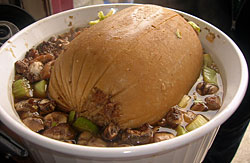 Christmas From Hell?
Christmas From Hell?
Again, tofurky takes the price.
Favourite moment from 2012?
Seeing my son come back healthy and happy after a two-month hospital stay in Wisconsin.
One ambition, large or small, for 2013?
Main ambition—work to live a creative life, 24/7.
Book(s) this year?
Move along, nothing to see here.
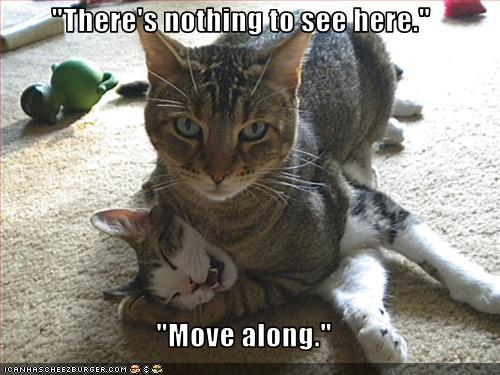
What’s on the cards for the early part of 2013?
Move along, nothing to see here either…
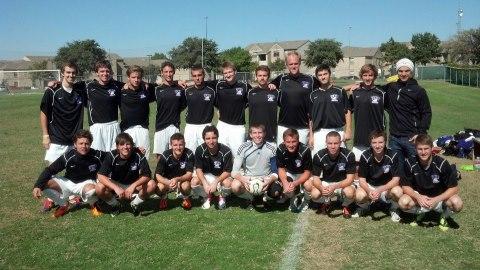 BRETT BATTLES
BRETT BATTLES
Where?
The first half I spent in a hot, tropical location with my feet in the water, a beer nearby, and a Kindle in my hand; the second half at home in L.A. with my kids, my parents, and my sister and her kids.
Ideal location?
Nailed it this year.
 Best gift ever received?
Best gift ever received?
This year I got the complete set of Calvin & Hobbs from my parents. It was perfect!
Best food?
I made a pretty awesome ham this year that was juicy and delicious. Hmmm, I’m craving leftovers right now!
Christmas From Hell?
Not being able to spend time with my family.
Favourite moment from 2012?
It was a pretty good year all around, so one event…? Going to San Diego for a week with my kids and parents was pretty damn fun!
One ambition for 2013?
Just more of the same … write, travel, and spend time with friends and family.
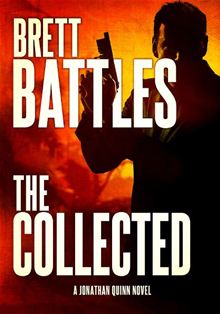 Book(s) last year?
Book(s) last year?
2012: THE DESTROYED (Quinn #5), PALE HORSE (Project Eden #3), THE COLLECTED (Quinn #6), and ASHES (Project #Eden #4)
And for 2013?
At least four more novels (hopefully five), including a secret collaboration I can’t quite talk about yet.
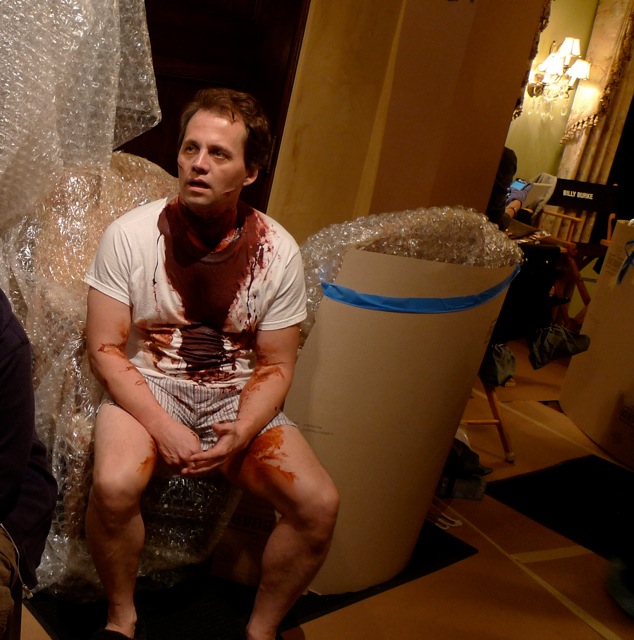 TESS GERRITSEN
TESS GERRITSEN
Where?
At home. With family.
Ideal location?
Exactly the same place.
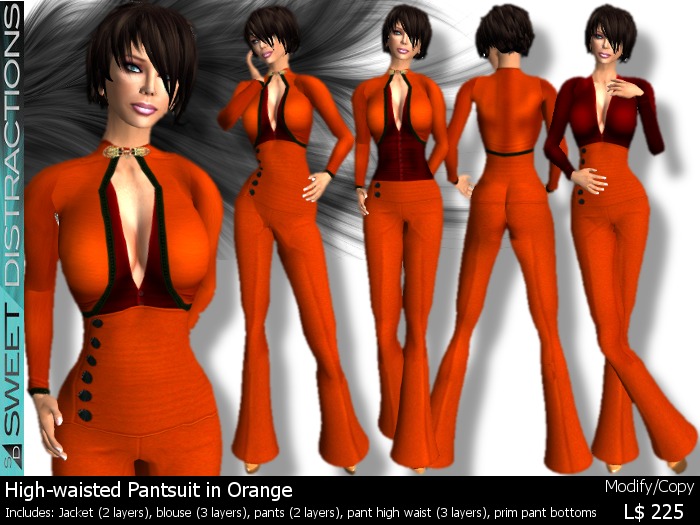 Worst gift you’ve ever received?
Worst gift you’ve ever received?
An orange pantsuit. I mean, really. My husband has not bought me anything orange ever since. (I’m guessing it didn’t look like this, then, Tess? ZS)
Best/worst meal?
For Christmas? Not one bad meal sticks out. On Christmas, everything tastes wonderful.
Christmas From Hell?
Being stuck in an airport. Far from family.
Favourite moment from 2012?
Standing on the Great Wall of China, with my husband and sons.
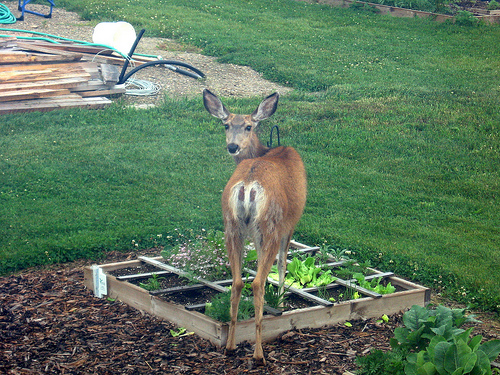 One ambition, for 2013?
One ambition, for 2013?
To finally plant a vegetable garden that the deer can’t demolish.
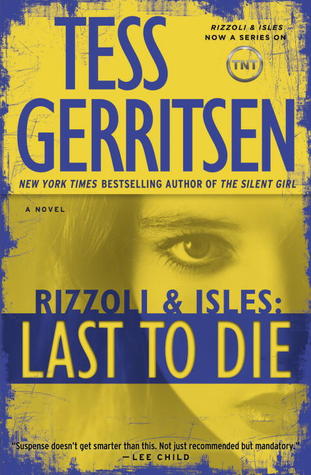 Book(s) out last year?
Book(s) out last year?
LAST TO DIE was published this past summer.
And what’s on the cards for 2013?
Early 2013, I am headed to the Amazon River.
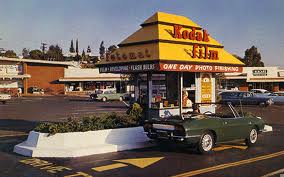 PARI NOSKIN TAICHERT
PARI NOSKIN TAICHERT
Where?
At home in peace. No requirements, no expectations. I just let myself be.
Ideal location?
The only other place I can imagine being this calm and relaxed would be Antibes . . .
Best gift?
Probably the best gift I’ve received so far is an essay my younger teen wrote about a difficult incident we shared last year and how it has taught her empathy. Made me cry, it touched my heart so.
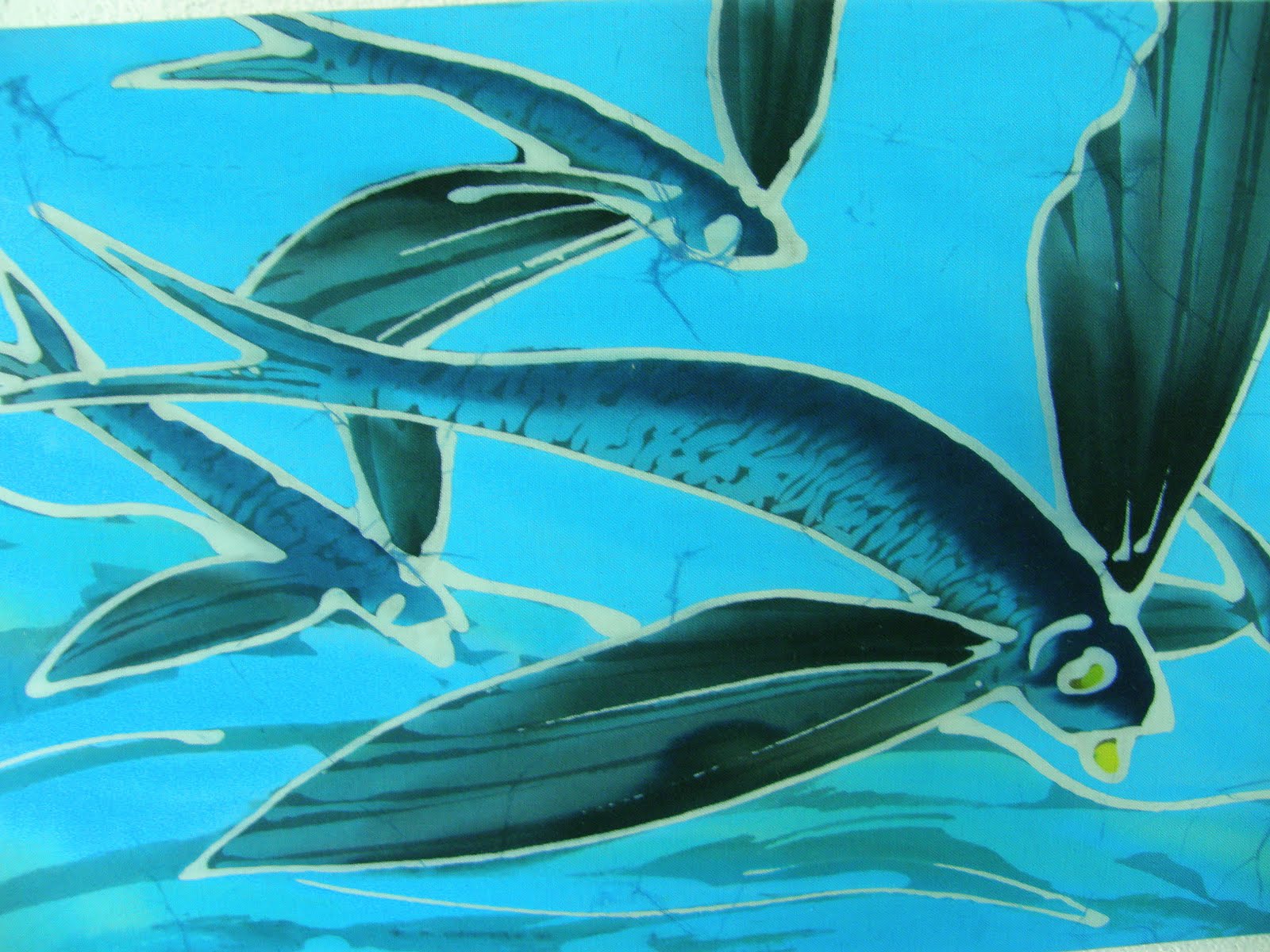 Best/worst meal?
Best/worst meal?
The best meal remains one brunch I had in Puerto Rico: fresh flying fish brought in that morning from a catch in Barbados, steamed bread fruit, Barbadian yellow hot sauce, fresh mangos picked minutes before from a tree just steps from where we ate.
Christmas From Hell?
I think it would be one filled with efforts to make it perfect, so many efforts that they’d hit the tipping point and tumble down to the other side of happiness.
Favourite moment from 2012?
The one where I finally realized I’m going to be all right, that the trials of this last year may continue . . . but they’re not going to pull me down into the depths of despair anymore.
One ambition, large or small, for 2013?
Yes.
1. I’d like to e-publish the book that “almost” sold to NYC. It’s the first in a new series and I’d like my character to meet readers and vice versa.
 2. To continue to explore my creativity in whatever ways it’s now manifesting, to give myself permission to let it fly.
2. To continue to explore my creativity in whatever ways it’s now manifesting, to give myself permission to let it fly.
Book(s) last year?
Nothing in 2012. I’ve been in hibernation for many reasons including the whole copyright issue and the divorce.
And for 2013?
To begin writing again and to enjoy it . . .
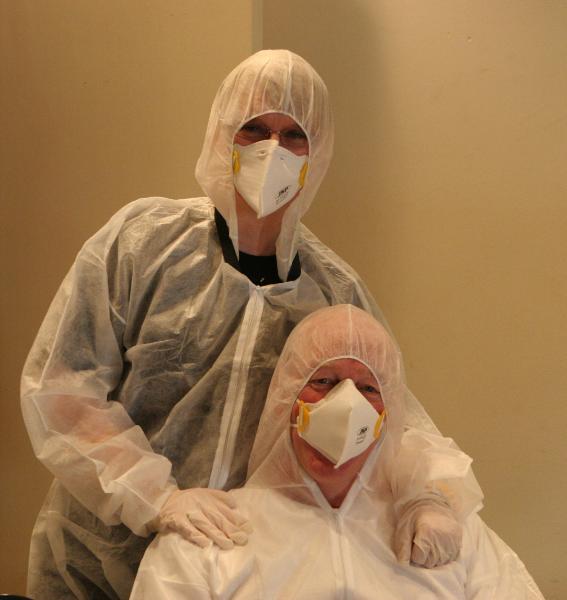 ZOË SHARP
ZOË SHARP
As for me, I also spent Christmas this year with my family, which was where I wanted to be.
My ideal would probably have been a ski-in/ski-out chalet somewhere with plenty of snow. Not necessarily for skiing, but definitely for sculpting. I never did get to finish that Sphinx …
As for my ambitions for 2013, to find a life/work balance and to continue to improve my craft.
And books? In 2012 I brought out two e-boxed sets of the first six Charlie Fox novels, plus several short stories, and of course, DIE EASY: Charlie Fox book ten.
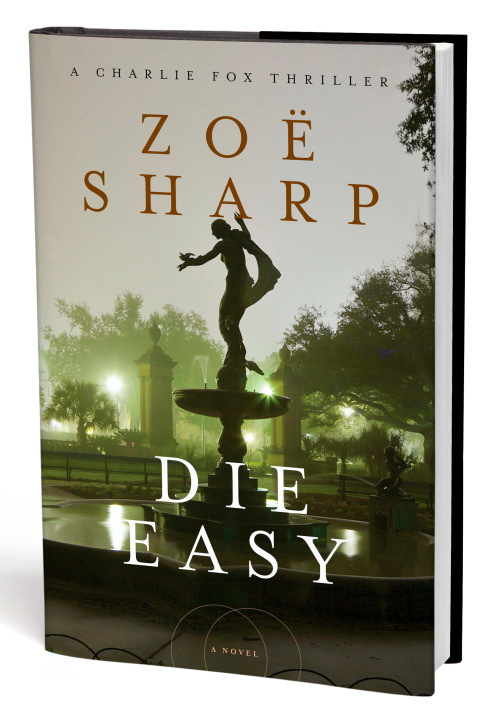 In 2013, DIE EASY is hot off the press in the States. I’m also editing two new projects—a supernatural thriller called CARNIFEX, and a standalone crime thriller called THE BLOOD WHISPERER, as well as working on the first in a new trilogy, the first in what I hope will be a new series, a novella project I can’t say too much about yet, and—of course—Charlie Fox book eleven. That should keep me going for a bit 🙂
In 2013, DIE EASY is hot off the press in the States. I’m also editing two new projects—a supernatural thriller called CARNIFEX, and a standalone crime thriller called THE BLOOD WHISPERER, as well as working on the first in a new trilogy, the first in what I hope will be a new series, a novella project I can’t say too much about yet, and—of course—Charlie Fox book eleven. That should keep me going for a bit 🙂
So, it only remains for me to wish you all an incredibly Happy New Year, and to thank you for your comments and your feedback during 2012.






































